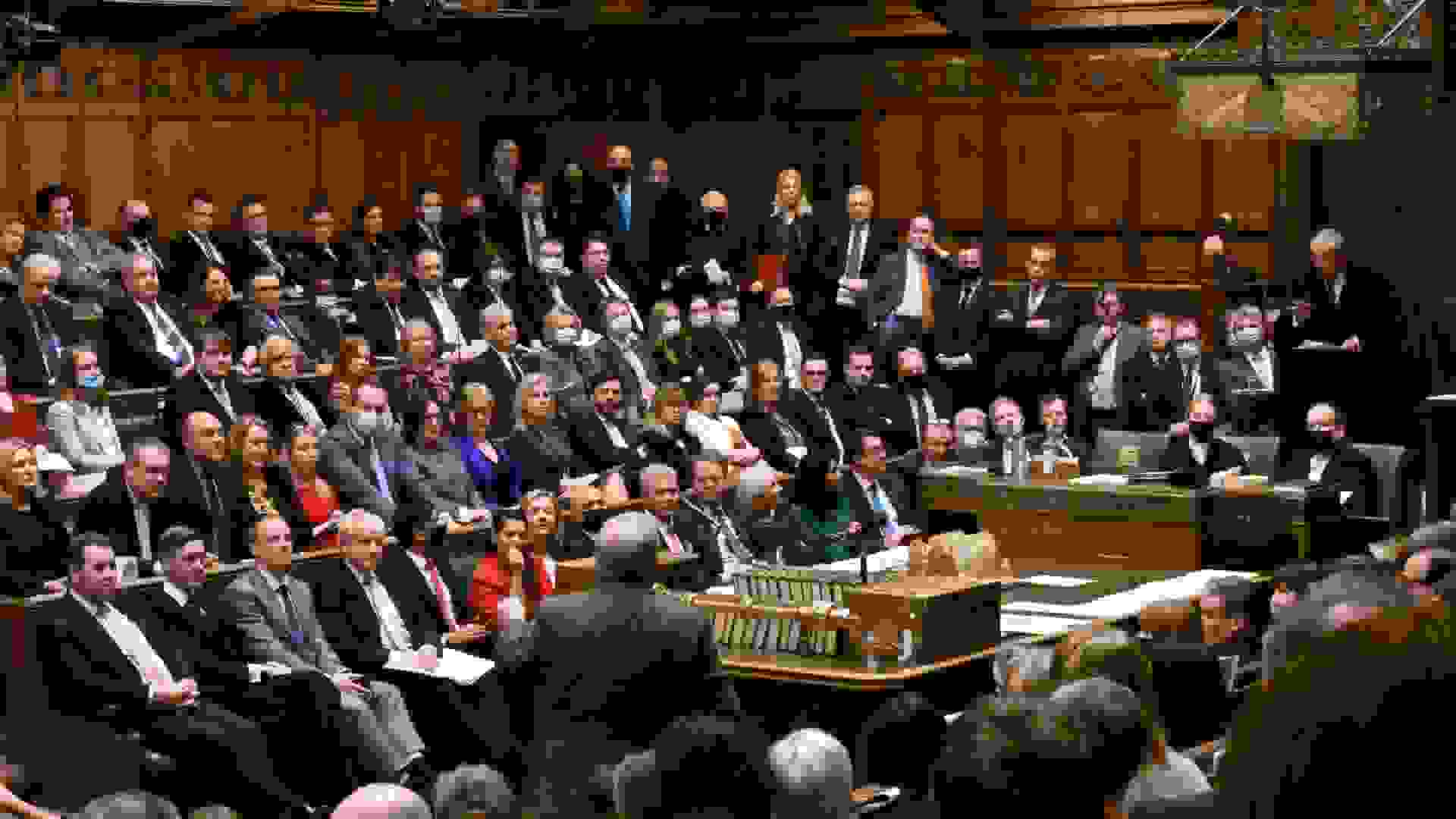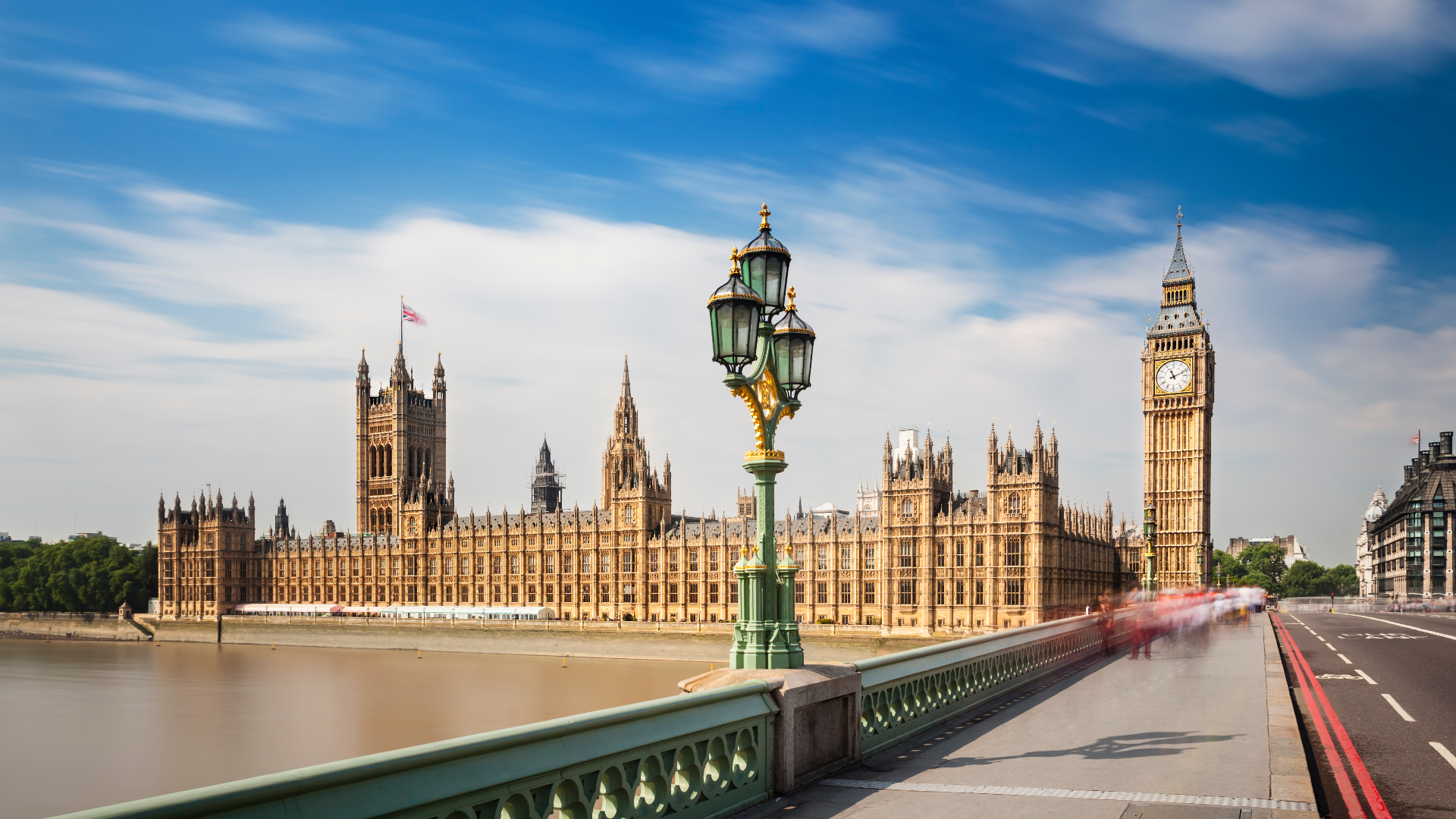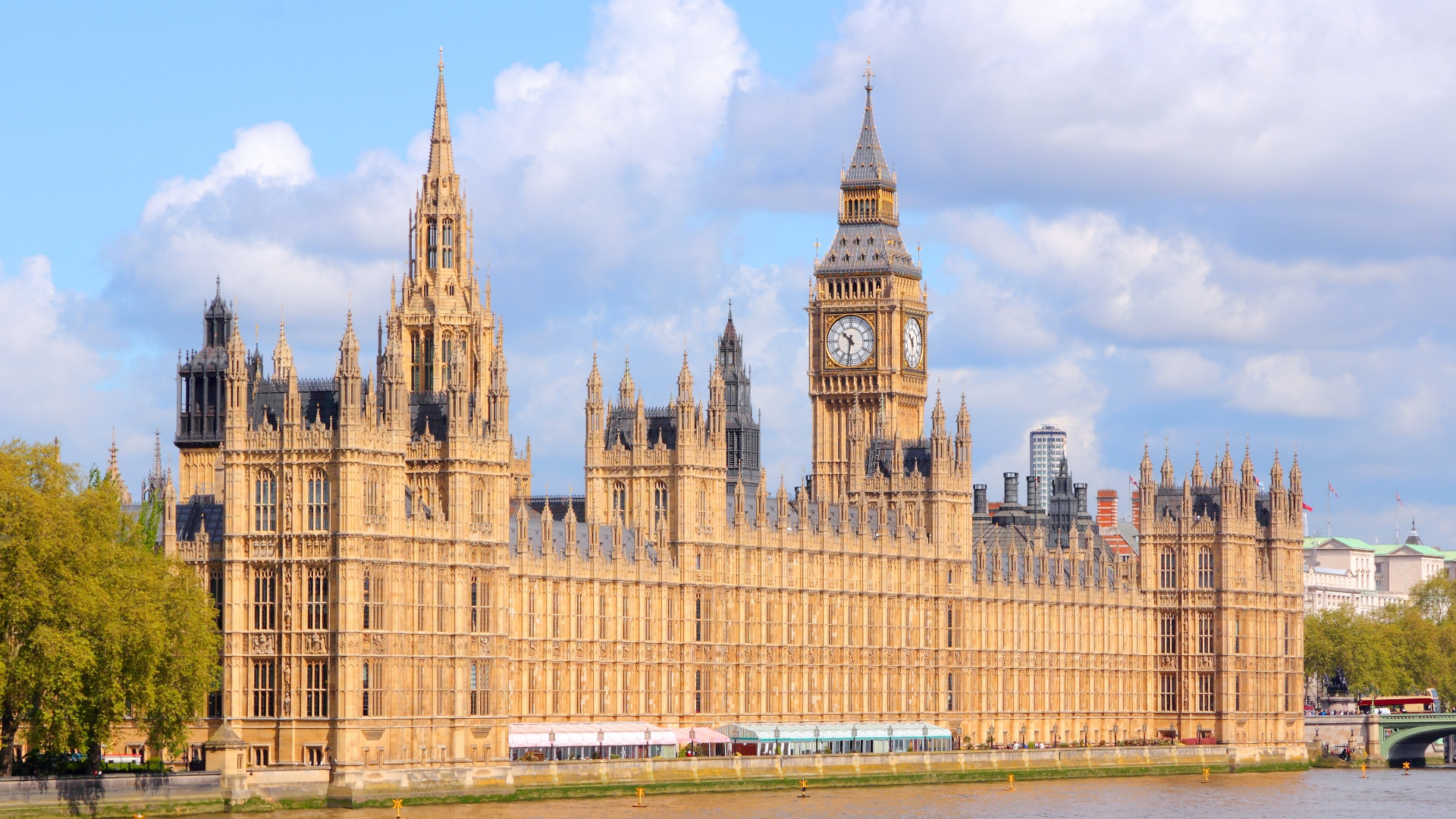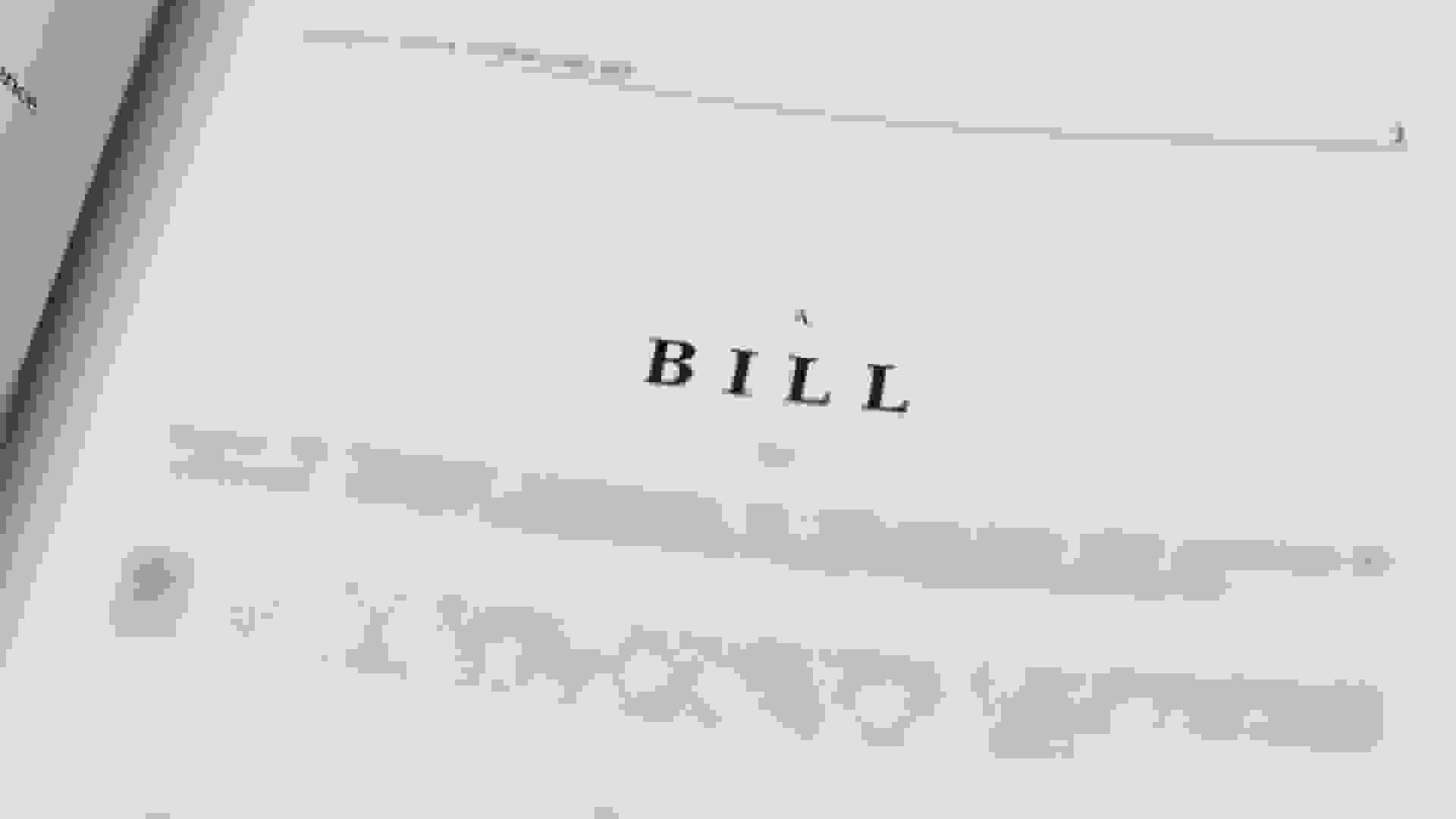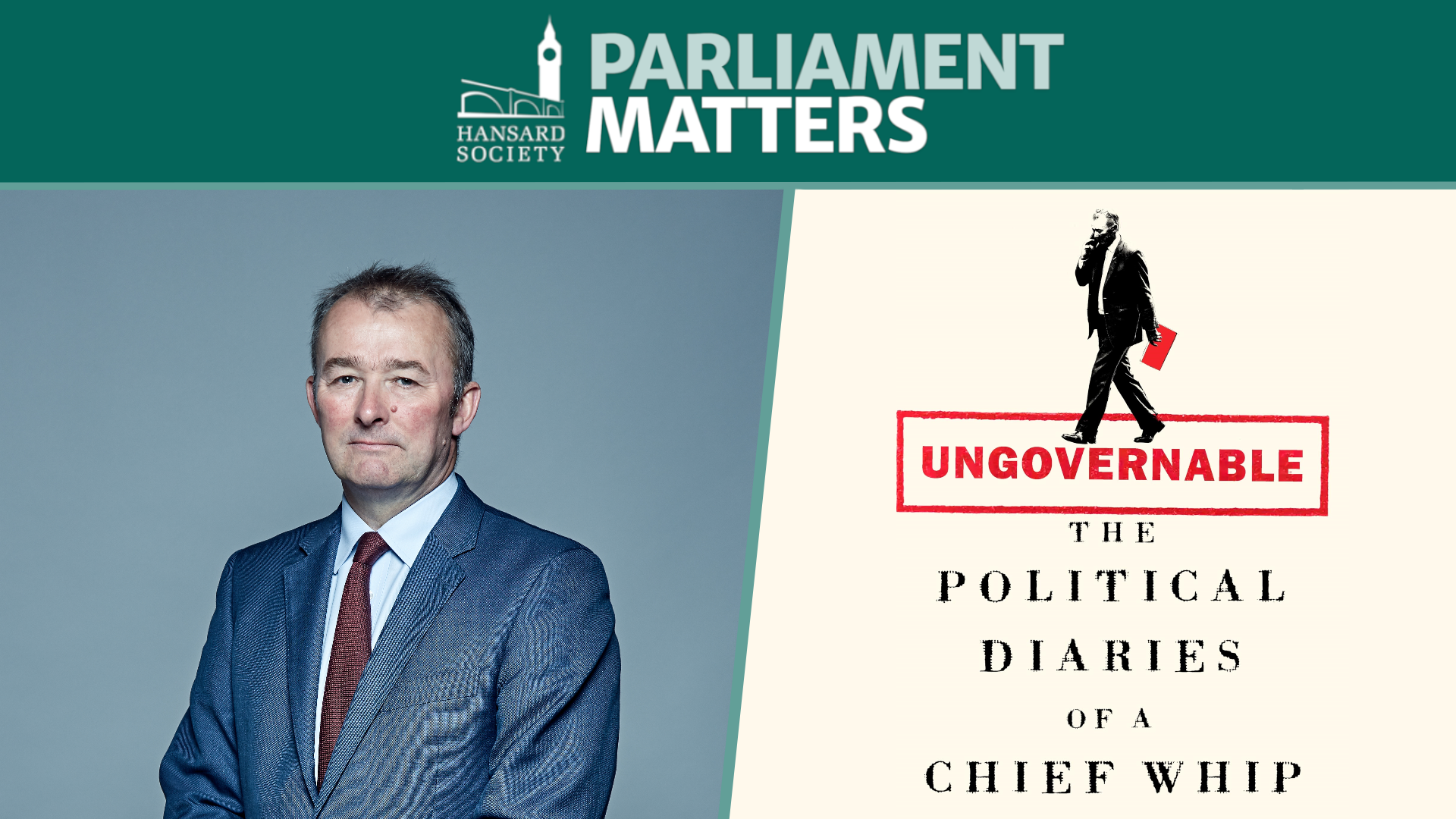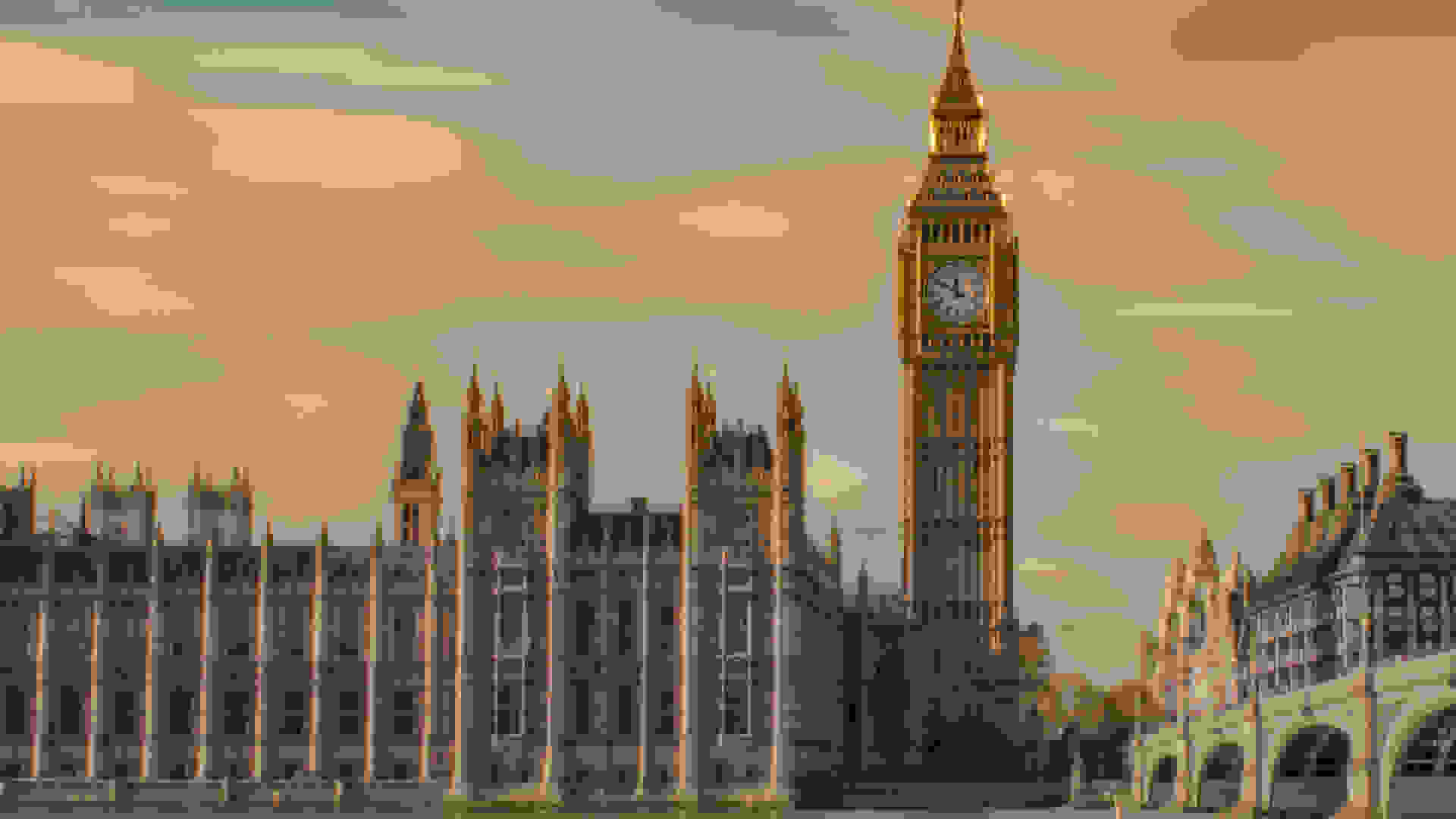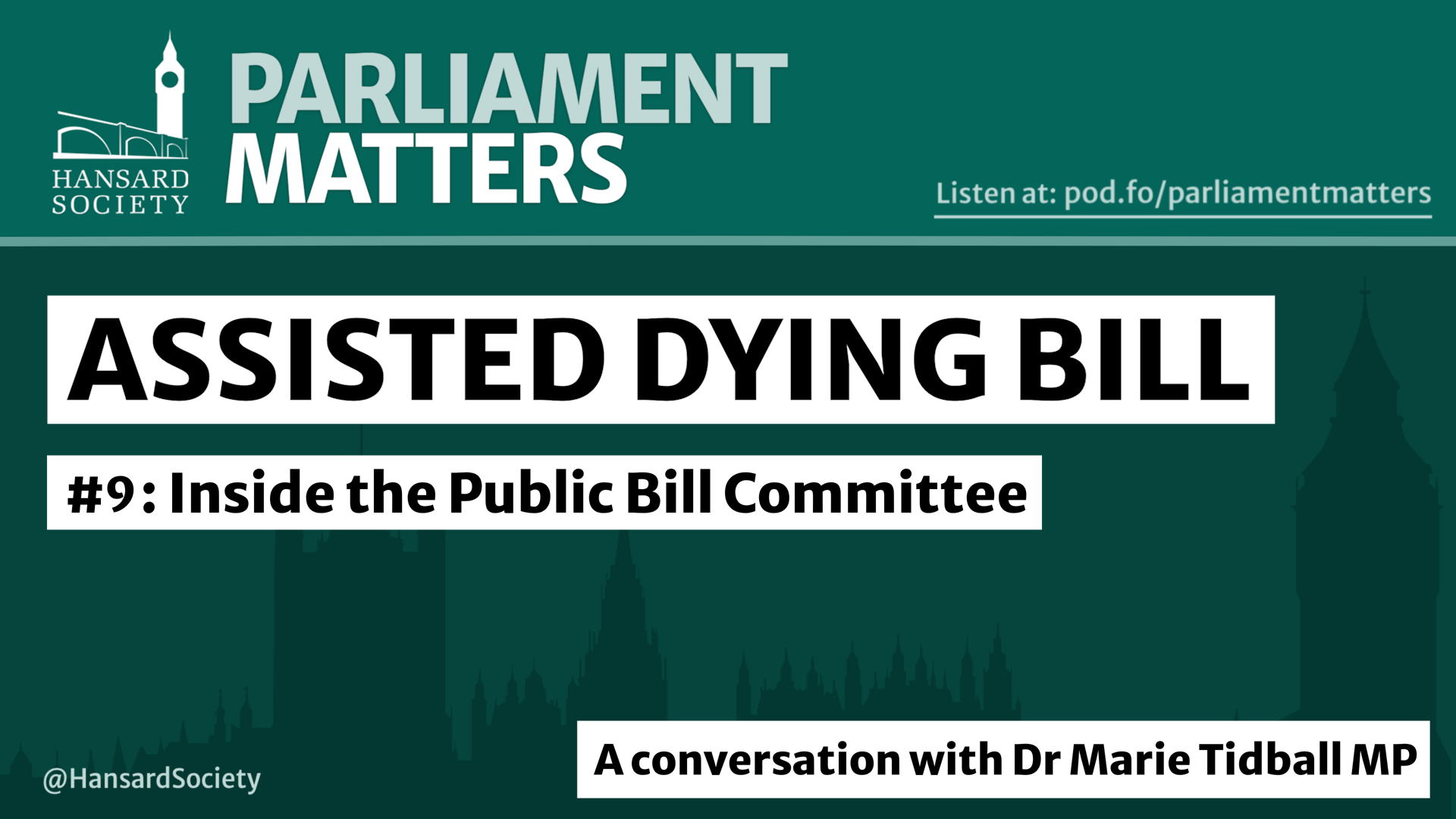In response to the Modernisation Committee's call for views on 17 October 2024, we submitted evidence outlining key areas we believe the Committee should prioritise. Our submission recommended a focus on: strengthening legislative scrutiny, with particular emphasis on reforming the delegated legislation system; enhancing financial scrutiny, especially in relation to the Budget and the Estimates; addressing strategic gaps in parliamentary scrutiny; making more effective use of parliamentary time; and reviewing the Standing Orders, language and rituals of the House of Commons.
